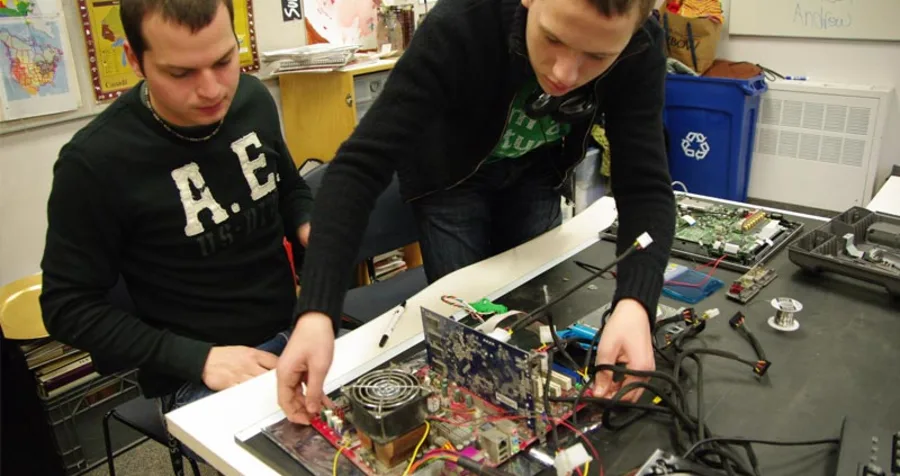3 reasons youth jobs matter

Young Canadians need real solutions in the communities where they live, especially when it comes to finding and keeping a job. The statistics are shocking: 18% of Canadian youth 15–19 are not in education programs, which can lead to poor long-term career and relationship prospects; 13.2% of Canadian youth 15–29 aren’t working, in school, or in any type of training; in Toronto, 1 in 5 youth can’t find work at all. According to the Toronto Foundation’s Vital Signs report, youth employment hovers around 18%, while many well-educated young people remain underemployed.
Indeed, the task at hand is not one for the faint of heart, but an important one. Here are three reasons why youth job initiatives are such a critical part of the solution:
They encourage youth to build on skills they have—and to discover those they never realized they had.
When anyone is given a chance to develop their skills and talents, it gives them the confidence they need to believe in themselves — and as a result, to seek out further opportunities they need to succeed. And it’s even better if they get the support they need from mentors, leaders, and peers in their community.
They provide the connections youth need to build relationships.
Whether it’s a first job in a place far away from home, or learning about the experiences of others who come from abroad, the power of connection is a solid base for how we view, respects and learn from others — a valuable attribute for any future career endeavor.
They provide opportunity for those often forgotten by mainstream employment paths.
The traditional route to getting a job (get a degree or diploma, start working) is an increasingly unviable option for youth. This is especially true of youth facing cultural or socio-economic barriers, or whose life situations fall just outside those criteria. These include youth trying to survive on Toronto’s streets, young people who are in trouble with the law whose history may prevent them from gainful employment, and youth with mental and physical challenges that prevent them from achieving their full potential. Reaching out to “forgotten” people enables them to start taking those first steps towards changing their lives, whether through learning their way around a commercial kitchen or getting hands-on, paid job training to learn the basics of the working world.
When we adopt the notion that we have the potential to create those small opportunities for youth, the possibilities are endless. From those creating and implementing policies to those on the front lines bringing those possibilities to life, we all have a role in letting our youth know that their futures matter to us, now and in the future.










